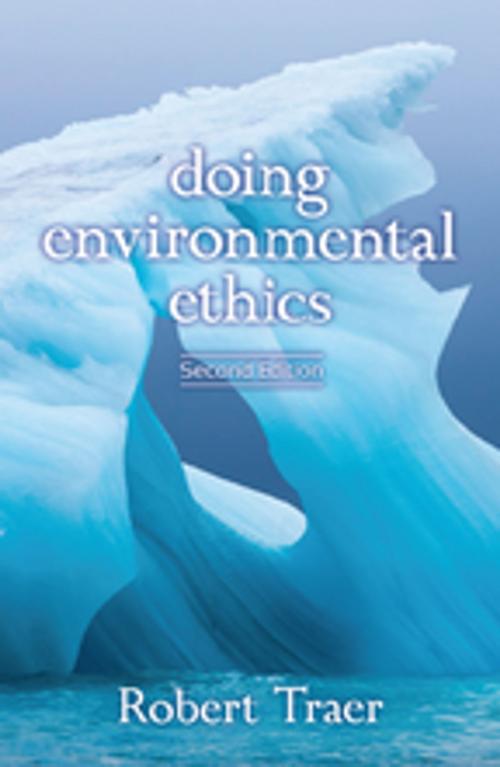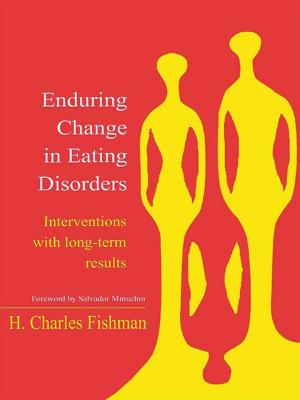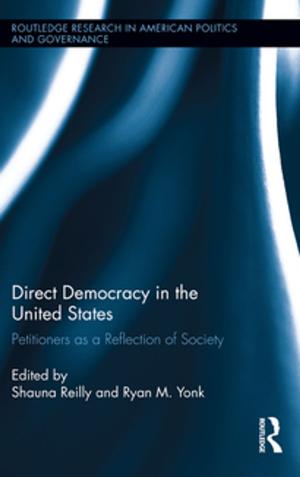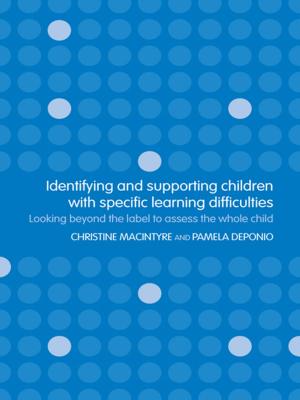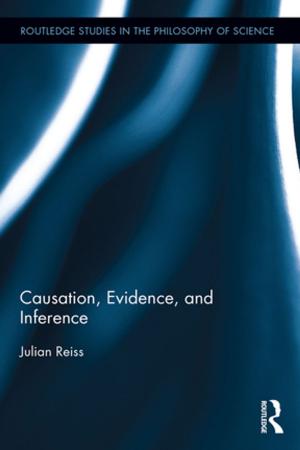| Author: | Robert Traer | ISBN: | 9780429974922 |
| Publisher: | Taylor and Francis | Publication: | April 17, 2018 |
| Imprint: | Routledge | Language: | English |
| Author: | Robert Traer |
| ISBN: | 9780429974922 |
| Publisher: | Taylor and Francis |
| Publication: | April 17, 2018 |
| Imprint: | Routledge |
| Language: | English |
Doing Environmental Ethics faces our ecological crisis by drawing on environmental science, economic theory, international law, and religious teachings, as well as philosophical arguments. It engages students in constructing ethical presumptions based on arguments for duty, character, relationships, and rights, and then tests these moral presumptions by predicting the likely consequences of acting on them. Students apply what they learn to policy issues discussed in the final part of the book: sustainable consumption, environmental policy, clean air and water, agriculture, managing public lands, urban ecology, and climate change. Questions after each chapter and a worksheet aid readers in deciding how to live more responsibly.
The second edition has been updated to reflect the latest developments in environmental ethics, including sustainable practices of corporations, environmental NGO actions, and rainforest certification programs. This edition also gives greater emphasis to environmental justice, Rawls, and ecofeminism. Revised study questions concern application and analysis, and new 'Decisions' inserts invite students to analyze evaluate current environmental issues.
Doing Environmental Ethics faces our ecological crisis by drawing on environmental science, economic theory, international law, and religious teachings, as well as philosophical arguments. It engages students in constructing ethical presumptions based on arguments for duty, character, relationships, and rights, and then tests these moral presumptions by predicting the likely consequences of acting on them. Students apply what they learn to policy issues discussed in the final part of the book: sustainable consumption, environmental policy, clean air and water, agriculture, managing public lands, urban ecology, and climate change. Questions after each chapter and a worksheet aid readers in deciding how to live more responsibly.
The second edition has been updated to reflect the latest developments in environmental ethics, including sustainable practices of corporations, environmental NGO actions, and rainforest certification programs. This edition also gives greater emphasis to environmental justice, Rawls, and ecofeminism. Revised study questions concern application and analysis, and new 'Decisions' inserts invite students to analyze evaluate current environmental issues.
